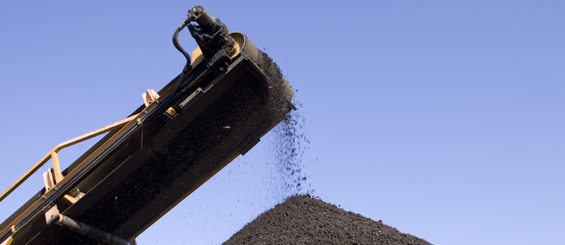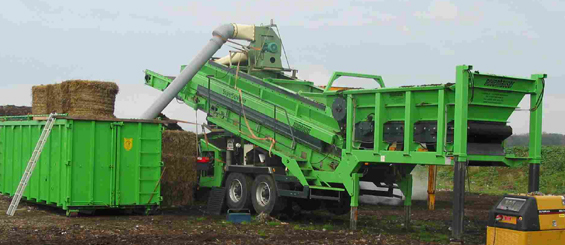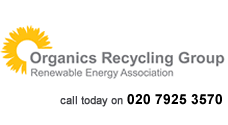The BREF is a document that outlines the Best Available Techniques (BAT) for Waste Treatment and it is nearing the end of the review process. Draft 1 was published in December 2015 and draft 2 of the BAT conclusions published in February 2017 (previous updates). The final technical working group meeting was held in March 2017 where many of the BAT conclusions were debated and the final wording was agreed.
Background
As a reminder, operators of industrial installations under the Industrial Emissions Directive (IED) are required to follow BAT. This means that for any composting site with a capacity of over 75 tonnes per day or over 100 tonnes per day for Anaerobic Digestion the BAT conclusions will be the reference for setting permit conditions. Once published, UK regulators will review existing permit conditions in line with the BREF.
The question about Brexit has been raised and if we are likely to have to comply with the BREF. Our latest feedback is that it is likely that the BREF will be published before Brexit is completed. The IED is already transposed into UK regulation so compliance with BAT is required. Should the BREF not be in place in the UK then there will be a requirement for UK regulators to draft their own BREF and it is likely that this will derive from the EU Waste Treatment BREF.
Requirements
It is important to note that the BREF is very clear that the techniques listed in the BAT conclusions are neither prescriptive nor exhaustive, i.e. other techniques may be used that ensure an equivalent level of environmental protection. The BREF covers emissions to air and water, odour, prevention and control of accidents, noise, vibration, energy and water use, waste prevention and recovery, and heat.
The BREF also sets out BAT-associated emission levels (BAT-AELs), these are the levels that under normal operating conditions would be anticipated if a technique is employed. We have put together a summary of the BAT AELs relevant for organics recycling.
This document has the BAT conclusions presented as slides. The red text are the changes made as a result of the negotiations at the final technical working group meeting.
General requirements include:
- Reducing channeled emissions to air or dust, organic and odourous compounds by using one or a combination of techniques: adsorption; biofilter; fabric filter; thermal oxidation; wet scrubbing.
- Reducing diffuse emissions to air by using a combination of: minimising potential sources of diffuse emissions; selection and use of high integrity equipment; corrosion prevention; collection, containment and treatment of diffuse emissions; dampening; maintenance; cleaning of waste treatment and storage areas; leak detection and repair.
- Reducing odour emissions by selecting waste inputs and pre-acceptance and acceptance producers and prevent or reduce odour emissions by using a combination of techniques: minimising residence times; using chemical treatment; optimizing aerobic treatment.
For composting, there
are requirements for:
- Proper monitoring and control of key waste processing parameters: temperature and moisture; aeration of windrow (via turning frequency, oxygen and/or carbon dioxide concentrations, temperature of air streams); windrow porosity, height and width.
- Reduce diffuse emissions to air of odour, dust and bioaerosols from open air treatment by one or both of: use of semi-permeable membrane covers; adaption of operations to meteorological conditions.
For AD there is a
requirement for proper monitoring and control of key waste processing
parameters (pH and alkalinity of digester feed,
digester operating temperature, hydraulic and organic loading rate,
concentration of VFAs and ammonia within digester and digestate, biogas
quantity generation, composition and pressure, liquid and foam levels in the
digester).
Next
steps
The final draft of the BREF and BAT
conclusions is likely to be released in September 2017, with the Article 13
forum taking place by the end of 2017. The final vote and Article 75 forum is
planned for March 2018 and likely that publication in the Official Journal of
EU in mid 2018.
For more information, please contact Jenny@r-e-a.net.
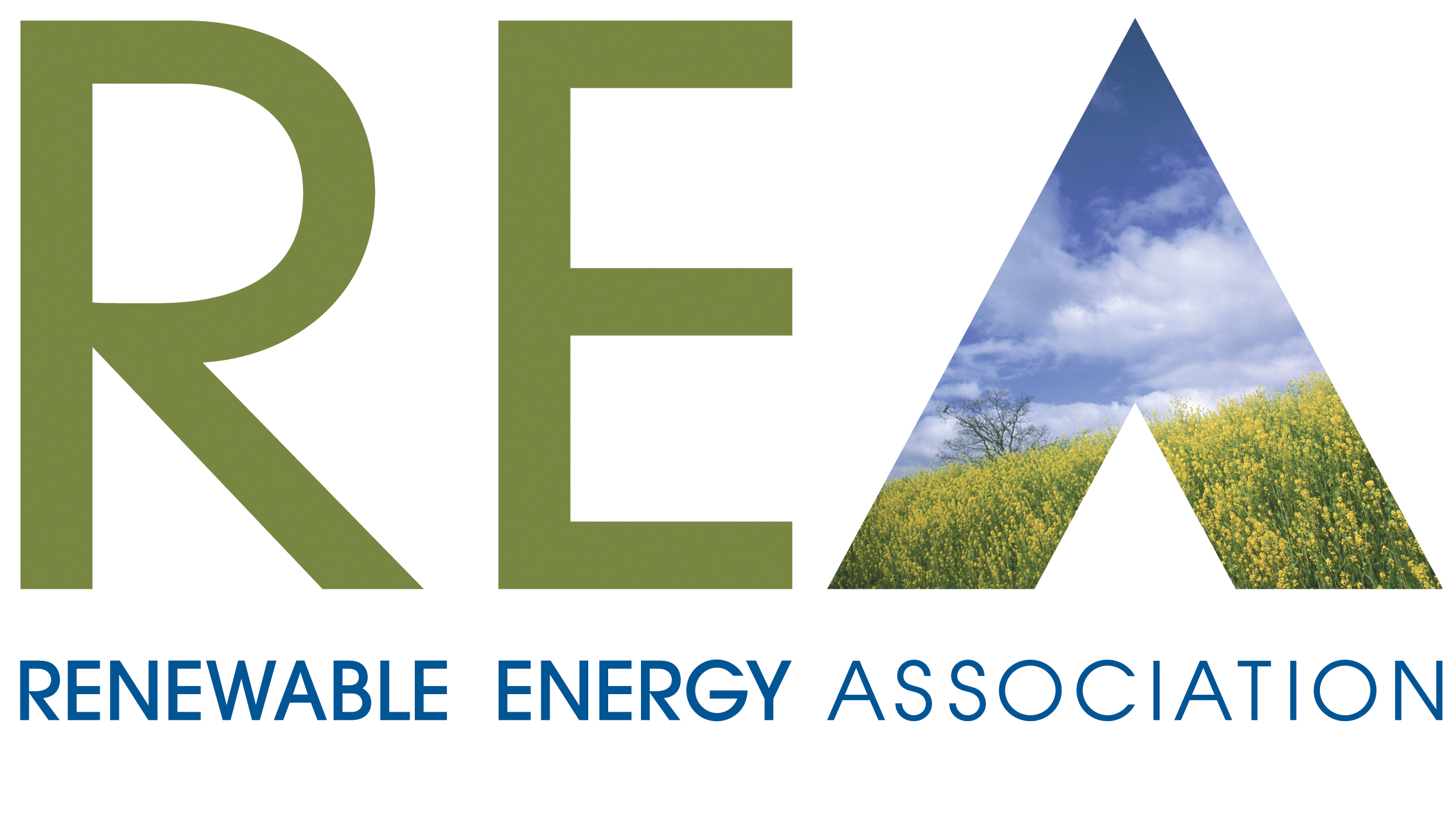

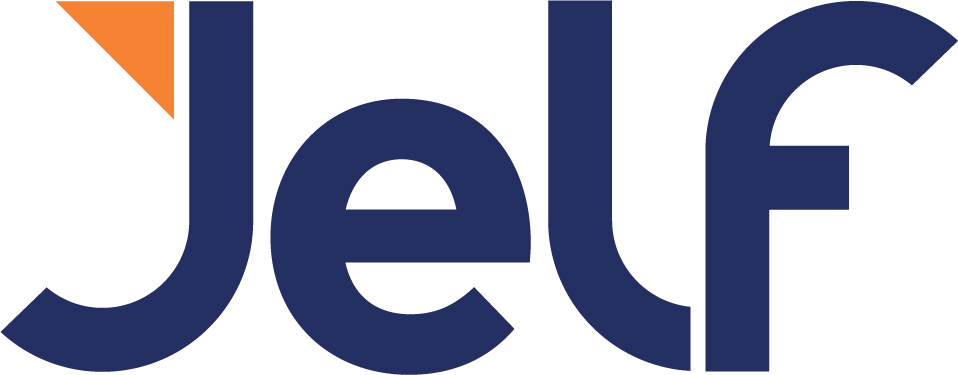
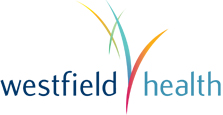
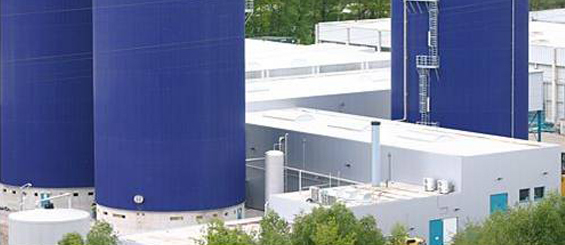
.jpg)
